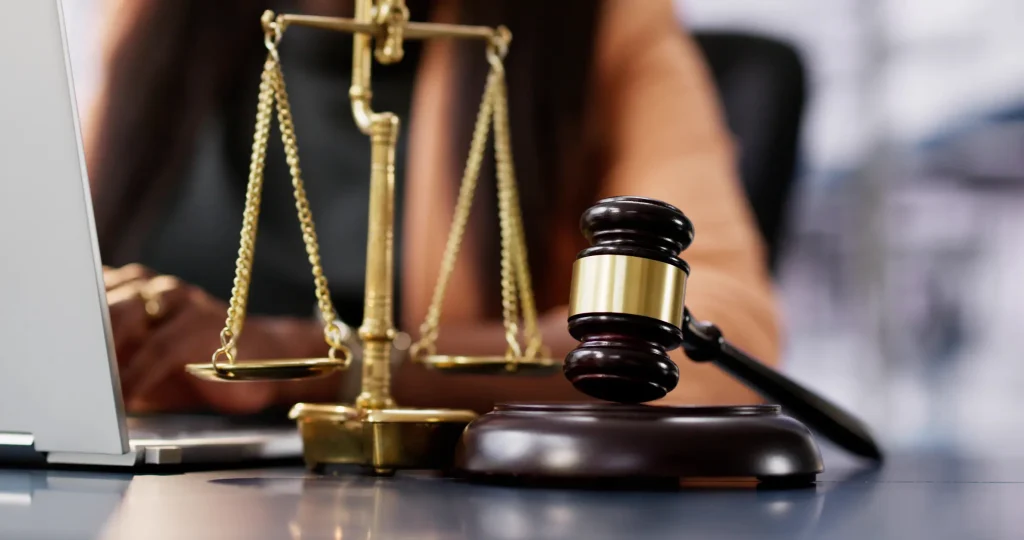Can You Change Your Personal Injury Lawyer in Colorado?

Choosing the right personal injury lawyer is fundamental for the success of your case. There may come a time when you feel your current lawyer is not meeting proper expectations, or isn’t the right fit for your needs. If this is the case, you can change your personal injury lawyer; however, there are several factors to consider before making the switch.
Why Consider Changing Your Personal Injury Lawyer?
There could be multiple reasons why someone feels the need to change their lawyer, for instance, effective communication between you and your lawyer may be missing. Meaning that your lawyer isn’t as responsive as you would want them to be, or fails to keep you informed on important strategy issues or updates.
Speaking of strategy, your lawyer’s approach to handling the case might not align with your expectations either. If you believe another lawyer’s strategy would be more effective then it might be worth considering a change. A good point to remember though is that your current lawyer understands the facts of your case far greater than a lawyer who has yet to review the documents involved in your case. Keep this in mind when considering a switch, once your new lawyer looks at all the documentation it could change their proposed strategy for you, affecting their quality of service.
Lastly, having a good rapport with your lawyer is important. If you don’t get along with them then this will affect your case in some regard. If you find that you’re not comfortable working with your current lawyer then it is a good idea to consider finding legal representation elsewhere. A good relationship will always have a positive effect on the effectiveness of your representation.
The Process of Changing Your Personal Injury Lawyer
After reviewing your legal representation, if you’ve decided that changing your personal injury lawyer is the best course of action, here’s a step-by-step guide to help you through the process:
Review Your Current Agreement
Before making any decisions, review your existing agreement with your current lawyer. Most personal injury lawyers in Colorado work on a contingency fee basis, meaning they only get paid if you win your case. Your contract should outline the terms regarding the termination of services and any potential fees or obligations if you are to leave them, despite being on a contingency fee basis.
Search for a New Lawyer
After reviewing your current agreement with your attorney and understanding what is required for the termination of services it’s time to start looking for new representation. Take your time to research and find a new personal injury lawyer who meets your needs. Look for someone with a strong track record in handling cases similar to yours and who offers a good level of communication and personal attention. There are many personal injury attorneys you can look up and find, so don’t go with the first one you discover or you’ll have to repeat this whole process. Websites like FindLaw have a large legal directory for you to explore when researching for a new attorney.
Notify Your Current Lawyer
Once you have selected a new lawyer, formally notify your current lawyer of your decision to terminate their services. This is usually done in writing. Be professional and clear about your decision while providing the reasons why you feel the need to change your representation. Be sure to give instructions for where you need to send your file for your case as well.
Transfer Your Case
Your new lawyer will need to obtain your case file from your previous lawyer. This includes all relevant documents, evidence, and case details. Your new lawyer will typically handle this process, but you may need to authorize the release of your file.
Address Any Financial Issues
There may be financial implications when changing lawyers, such as outstanding fees or costs incurred. Ensure that any financial obligations are settled according to the terms of your initial agreement.
Potential Challenges When Switching Lawyers
Changing your personal injury lawyer can sometimes lead to challenges, such as:
- Delays in Your Case: Transitioning to a new lawyer may cause some delays in your case. It’s important to discuss any potential impacts on the timeline with your new lawyer.
- Re-Evaluation of Your Case: Your new lawyer will need to review your case from scratch, which may involve additional time and effort.
- Legal Fees: Depending on the terms of your agreement, you might be responsible for paying fees or costs related to your previous lawyer’s services.
Legal and Ethical Considerations
Both your current and new lawyers must adhere to legal and ethical guidelines during the transition process. Your current lawyer is obligated to provide you with your case file and cooperate with the transfer. Similarly, your new lawyer must ensure that they are fully informed about your case to provide effective representation.
Changing your personal injury lawyer in Colorado is entirely possible, but it should be approached thoughtfully. If you’re unhappy with your current representation, it’s important to address your concerns and explore your options. Finding a lawyer who better aligns with your needs and expectations can make a significant difference in the outcome of your case.
If you’re considering making a change or need assistance with your personal injury case, contact us at Hoffman Law Firm PC. Our experienced Colorado personal injury lawyers are here to provide the support and guidance you need.
